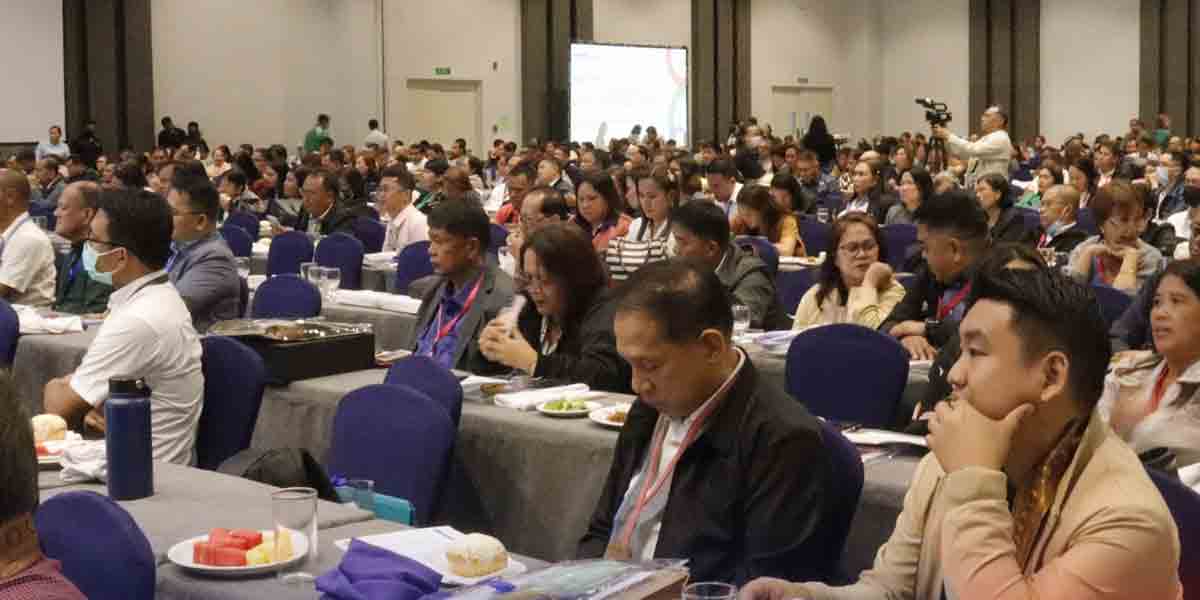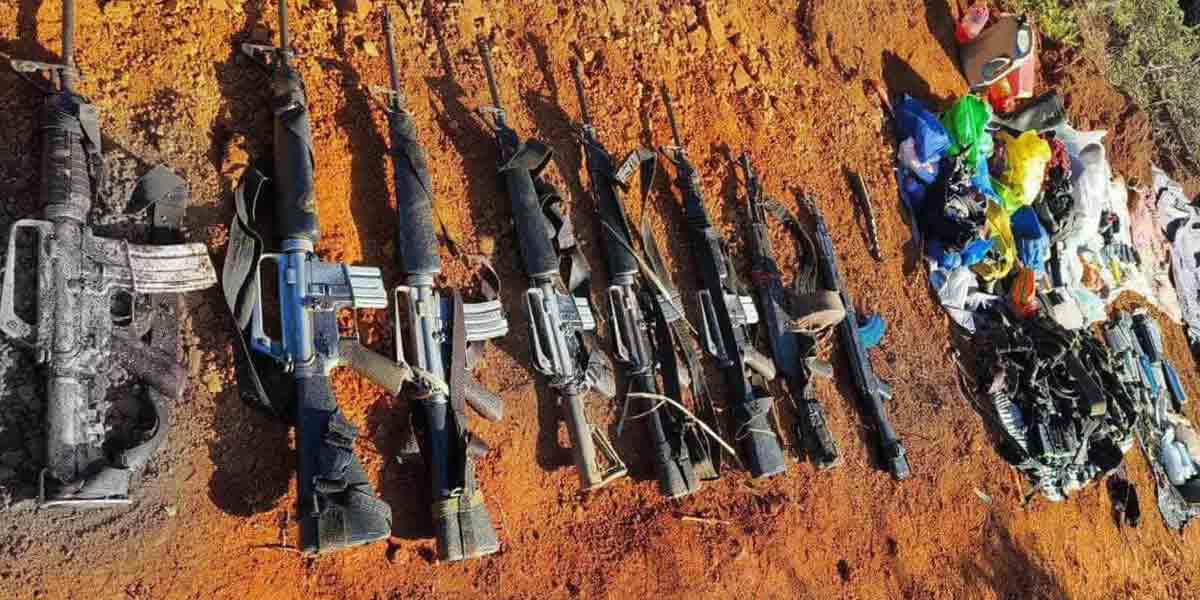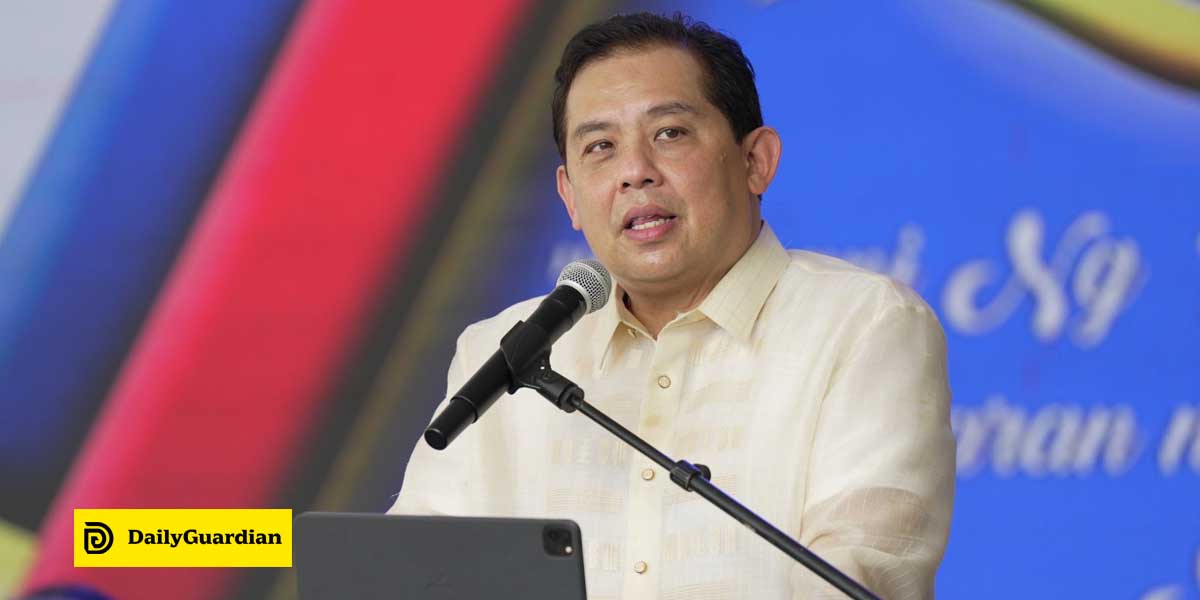By Artchil B. Fernandez
Ilonggos do not appreciate being toyed with, yet this is precisely what the Baronda and Treñas camps have done to the people of Iloilo City and the Ilonggo community as a whole. A cruel political game was played by their so-called leaders, who claim to have the Ilonggos’ best interests at heart.
In recent weeks, Iloilo City and its residents were gripped with excitement and anticipation as the rivalry between the Baronda and Treñas camps escalated. Both groups exchanged harsh words through their paid block-timers, igniting a titanic clash of former allies ahead of the 2025 elections, throwing the city’s politics into uncharted territory.
The official rift between the Baronda and Treñas families began in March when Mayor Jerry Treñas unilaterally named his daughter, Raisa Treñas-Chu, as his preferred candidate for the city’s lone congressional district, sidelining incumbent Congresswoman Jamjam Baronda, a long-time ally. The announcement shocked city residents and left political operatives confused.
Why did Mayor Treñas create chaos when political peace reigned in the city? What was behind this sudden decision?
When Mayor Treñas announced his daughter’s candidacy, he felt invincible. At the time, he faced no credible opposition in the mayoral race and had a firm grip on the city’s political landscape. Seizing this opportunity, he aimed to secure his family’s political future by positioning them in key roles, even if it meant discarding an ally. After all, Treñas believed he had made Baronda’s political career, and he could just as easily unmake it.
However, six months after his calculated move, it was not Baronda who found herself on the ropes, but Treñas. His plan unraveled, torn apart by unforeseen political developments.
In politics, timing is crucial. By revealing their plans too early, the Treñas camp made a strategic error, giving the Baronda camp ample time to regroup, rethink, and prepare. Worse, Treñas’ daughter’s congressional candidacy failed to ignite public enthusiasm, which only emboldened Baronda’s camp to fight back.
The return of former mayor Jed Mabilog further complicated matters for the Treñas camp. Just three weeks before the filing of certificates of candidacy (COCs), Mabilog returned from exile, throwing Iloilo City politics into turmoil. His potential challenge to Mayor Treñas, in alliance with Baronda, forced the Treñas camp to reconsider their strategy.
Adding to Treñas’ troubles, a RACI survey in early October showed Baronda as a runaway winner in the upcoming election, whether she ran for re-election or for mayor. The survey also revealed that Treñas’ daughter was statistically tied with Mabilog in the mayoral race. Suddenly, the Treñas camp found itself in survival mode.
In the end, Mayor Treñas was forced to make a significant political sacrifice to save his family’s fortunes. He “offered” a truce to the Baronda camp by deciding not to run for re-election and instead endorsed his daughter, while supporting Baronda’s re-election bid. After all the drama, Iloilo City politics reverted to its previous state, leaving many Ilonggos feeling deceived.
A forced reconciliation between the Baronda and Treñas camps was imposed by oligarchs and national politicians. Backroom deals prevailed, and the voice of the Ilonggos was silenced by vested interests. The 2025 local election was effectively decided before the COCs were even filed. What should have been an exciting contest will instead be a dull election, with the mayoral and congressional candidates running unopposed.
The recent political developments in Iloilo City lend credence to Carl Schmitt’s critique of parliamentary democracy. Schmitt argued that decisions are not made by the people but by “small and exclusive committees of parties or party coalitions” who make decisions behind closed doors. In this setting, democracy becomes a farce, with the public reduced to mere spectators.
In The German Ideology, Karl Marx contended that the state is an instrument for the ruling class to assert their interests. When oligarchs and national politicians forced the Baronda and Treñas camps to reconcile, it served their interests, not those of the Ilonggos. The people of Iloilo City were shortchanged by this fake unity, while only vested interests benefited.
The supposed unity of the Baronda and Treñas camps is far from the end of the story. The battle has merely shifted to the vice-mayoral and councilor races, where both camps have fielded their own slates. If the unity were genuine, there wouldn’t be separate slates.
This fake alliance is only a temporary truce, with both groups likely to spend the next three years outmaneuvering each other. When the next political drama unfolds in 2028, Ilonggos will be wiser and won’t be easily deceived by these two camps. This creates an opening for a third force in Iloilo City politics—an alternative to the Baronda and Treñas camps, whose primary concern has been preserving political power and privilege, not the welfare of the Ilonggo community.




















